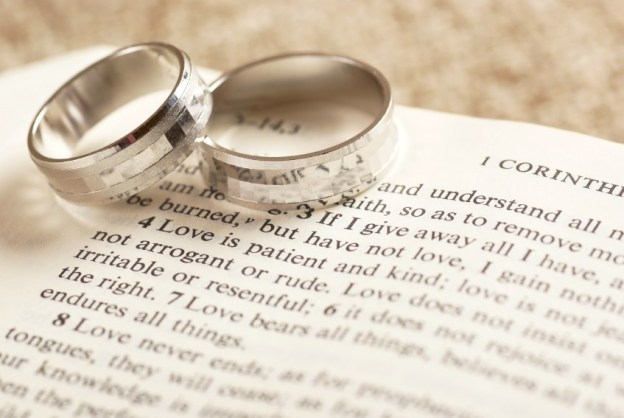Getting Married at St. John the Evangelist, Shirley

CONGRATULATIONS!
Your wedding will be one of the most important days of your life, and the focal point of the day will be the service in church. We are eager to do all that we can to make it a glorious occasion for you.
Thank you for considering St. John the Evangelist, Shirley for your Marriage Service.
Important information you need to know:
Legal marriage in the Church of England usually takes place after the Calling of Banns of marriage on three Sundays at St John’s and, if necessary, in the parish church of the parish in which you live.
You are responsible for ensuring that your banns of marriage have been called not only here at St John’s, but also at the parish church of the parish or parishes in which you reside. It is illegal to conduct your wedding if you have not presented us with a Certificate from the church or churches where your banns have been read.
Marrying by Qualifying Connection:
On 1st October 2008, new regulations came into effect, which allow legal marriage under the following sets of conditions:
- One of the couple was baptised or prepared for confirmation in the parish.
- One of the couple has ever lived in the parish for six months or more.
- One of the couple has at any time regularly attended public worship in the parish for six months or more.
- One of the couple’s parents has lived in the parish for six months or more in their child’s lifetime.
- One of the couple’s parents has regularly attended public worship there for six months or more in their child’s lifetime.
- One of the couple’s parents or grandparents were married in the parish.
If you are planning to marry at St John’s under any of the above circumstances, you will need to provide evidence that you have fulfilled one of the qualifying connections.
If a couple is seeking to get married at St John’s by attendance on a Sunday once a month for six months, we regard attendance one Sunday each month as a minimum requirement, but we would love to see you and pray for you more often in the run up to your wedding.
In some circumstances you may have to obtain a Common Licence, or a Superintendent Registrar’s Certificate.
Been married before? At St John’s, in most circumstances, we will gladly conduct a second wedding after an interview with you and your current partner, in which we shall ask you how your former family will be influenced by your decision to remarry and whether your present relationship contributed to the break-up of your marriage. This discussion is not intended to be judgemental, but rather to help you build on honest experience and support you in making your new marriage secure and stable.
There will normally be several meetings with a priest and will include one in your own home.
A definite booking of your marriage will not be made until you have received a home-visit from your parish priest, and you have paid a non-returnable deposit of £300.
At your first meeting you should show the priest a passport, and other evidence of your identity, an up-to-date utility bill or other evidence of your current address and a copy of your Decree Absolute (if you have previously been married).
Please note: Weddings are not conducted at St. John’s during Holy Week (the week leading up to Easter). Flowers are not permitted in church during Lent (The four weeks before Easter) and Advent (The four weeks before Christmas).
We look forward to getting to know you more over the coming months as you prepare to take this important step in your life and faith.
We will be praying for you both, and for your families in the run up to your big day and beyond.
The Church of England website www.yourchurchwedding.org
will guide you through your wedding arrangements and Rev. Lu will talk you through step by step.
If you would like to begin planning your wedding at St. John’s, please fill in the form below.
You must be logged in to post a comment.